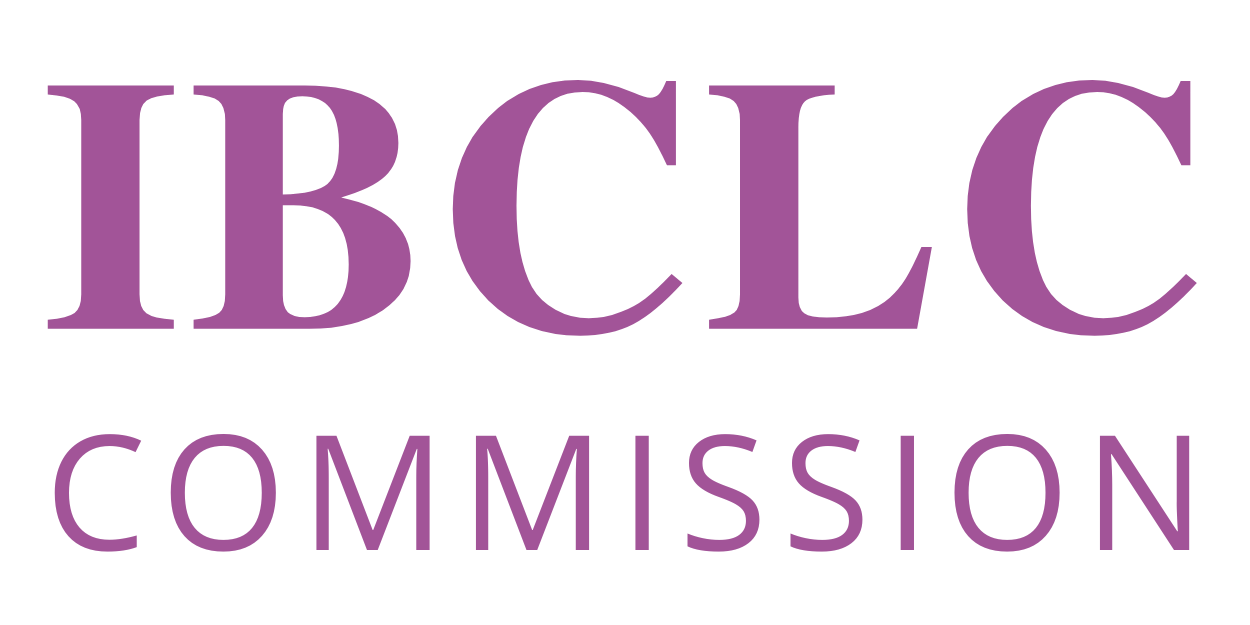We receive enquires about how to know if an examination candidate’s education background meets the requirements for Heath Science Education. Below is a summary of the criteria to look for in the courses to determine if they meet the requirements.
Before applying for the examination, if candidates’ educational background is not from the list of Recognised Health Professions, then we require completion of education in 14 health science subjects.
Health Sciences Education Requirements
For candidates that are not on the list of Recognised Health Professionals.
- Biology
- Human Anatomy
- Human Physiology
- Infant Growth and Development
- Introduction to Clinical Research
- Nutrition
- Psychology or Counselling Skills or Communication Skills
- Sociology or Cultural Sensitivity or Cultural Anthropology
🡆 Completed from an accredited institution of higher learning
🡆 Obtained a passing grade
(a passing letter grade or “Pass”)
🡆 Equivalent to a minimum of one academic credit session in length (most courses cover topics in 25 hours)
🡆 Content must be on the subjects listed in the Health Sciences Education Guide
- Basic Life Support
- Medical Documentation
- Medical Terminology
- Occupational Safety and Security for Health Professionals
- Professional Ethics for Health Professionals
- Universal Safety Precautions and Infection Control
🡆 Courses offered by an Institution of higher learning OR continuing education courses
The following 8 subjects must be taken from an accredited institution of higher learning:
- Biology
- Human Anatomy
- Human Physiology
- Infant Child Growth and Development
- Introduction to Clinical Research
- Nutrition
- Psychology or Counselling Skills or Communication Skills
- Sociology or Cultural Sensitivity or Cultural Anthropology
Each of these courses must meet the following criteria. A description is also provided of what candidates would be asked to provide if their application is randomly selected for audit:
1. Completed from an accredited institution of higher learning
Accreditation varies globally, but the institution must be accredited by a reputable outside third-party. The candidate has either a certificate of completion or a transcript from the accredited institution recognising the completion of the course. Courses recognised by ACE Credit will meet this requirement.
2. Obtained a passing grade
The candidate provides proof of a passing grade; either as a letter grade or a “Pass”. In some cases, information that there was an assessment performed (e.g. quizzes, exams, etc.) may be required.
3. Equivalent to a minimum of one academic credit session in length
Academic credit sessions vary in length globally. Most courses sufficiently cover the topics in 25 hours or more. The candidate should be able to provide information about the length of the course. Usually this information is found on the certificate of completion or transcript.
4. Content must be on the subjects listed in the Health Sciences Education Guide
Review the Health Sciences Education Guide for sample course descriptions.
For the remaining 6 subjects, candidates may complete courses offered by an institution of higher learning or continuing education courses.
- Basic Life Support
- Medical Documentation
- Medical Terminology
- Occupational Safety and Security for Health Professionals
- Professional Ethics for Health Professionals
- Universal Safety Precautions and Infection Control
As we no longer review these courses individually prior to application, candidates should review the Health Sciences Education Guide for greater detail and information about these requirements. You may also contact the region that serves you.
